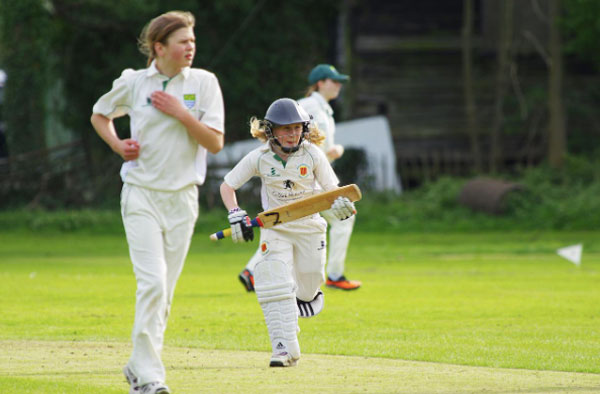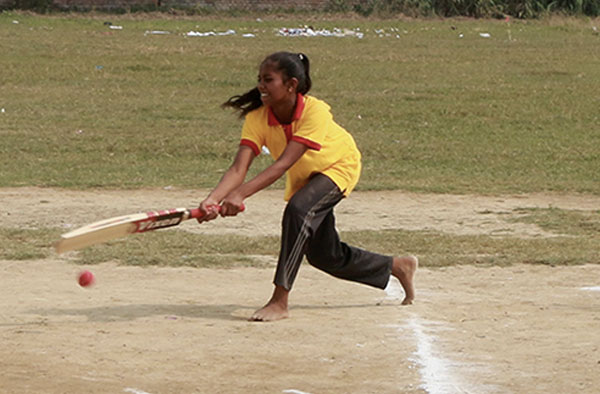Cricket, often referred to as a gentleman’s game, has a rich and storied history. Yet, for many years, the sport was dominated by men. The rise of women’s cricket is a testament to the determination, resilience, and passion of female athletes who have carved out their own space in this beloved sport. Today, many fans are increasingly interested in supporting and engaging with women’s cricket in various ways. For those looking to add an extra layer of excitement to the games, using a bet365 bonus code can enhance the experience, offering a chance to be more involved in the action on the field. In this article, we will journey through the history of female cricket, celebrating the milestones that have shaped the game for women around the world.

Early Beginnings
The origins of female cricket can be traced back to the late 18th century. One of the earliest recorded matches took place in 1745, when teams from Surrey faced off in England. These early matches were more informal and often seen as a novelty. However, they laid the groundwork for the future of women’s cricket.
The Victorian Era
Fast forward to the 19th century, the Victorian era saw a resurgence of interest in women’s cricket. The first known women’s cricket club, the White Heather Club, was founded in 1887 in Yorkshire, England. This period also marked the establishment of structured competitions for women. Despite societal norms that often restricted women’s participation in sports, these pioneering women continued to play and promote the game.
The Formation of Women’s Cricket Associations
The early 20th century witnessed significant strides in the organization of women’s cricket. In 1926, the Women’s Cricket Association (WCA) was formed in England. This was a pivotal moment, as the WCA provided a formal structure for the sport and organized the first official women’s cricket matches. The association also played a crucial role in promoting the game and encouraging young girls to take up cricket.

International Expansion
Women’s cricket began to gain international recognition in the mid-20th century. The first women’s test match was played in 1934 between England and Australia. This match marked the beginning of international competition for female cricketers. In 1958, the International Women’s Cricket Council (IWCC) was established to oversee and promote women’s cricket globally.
The Modern Era
The late 20th and early 21st centuries have seen exponential growth in women’s cricket. The ICC Women’s Cricket World Cup, first held in 1973, has become a premier event in the sport. The inclusion of women’s cricket in the Commonwealth Games and the increasing popularity of T20 leagues, such as the Women’s Big Bash League (WBBL) in Australia and the Women’s Cricket Super League (WCSL) in England, have further elevated the profile of the sport.
Pioneers and Legends
Throughout its history, women’s cricket has been graced by numerous talented and inspirational players. Names like Betty Wilson, who was the first woman to score a century and take ten wickets in a test match, and Mithali Raj, the highest run-scorer in women’s international cricket, are celebrated for their contributions to the game. These athletes, among many others, have set records and broken barriers, proving that cricket is not just a man’s game.
Conclusion
The history of female cricket is a story of perseverance and progress. From its humble beginnings to its current status as a respected and popular sport, women’s cricket has come a long way. As more young girls pick up a bat and ball, inspired by the legends of the game, the future of women’s cricket looks promising and full of potential.

Loves all things female cricket